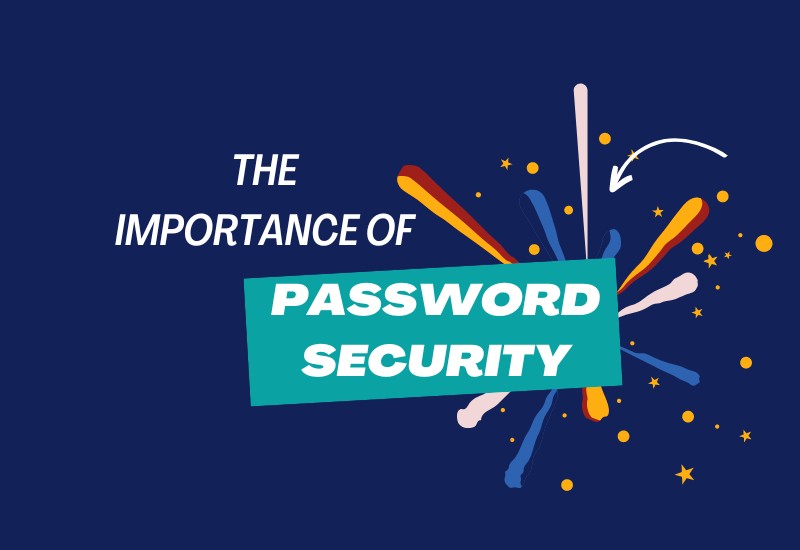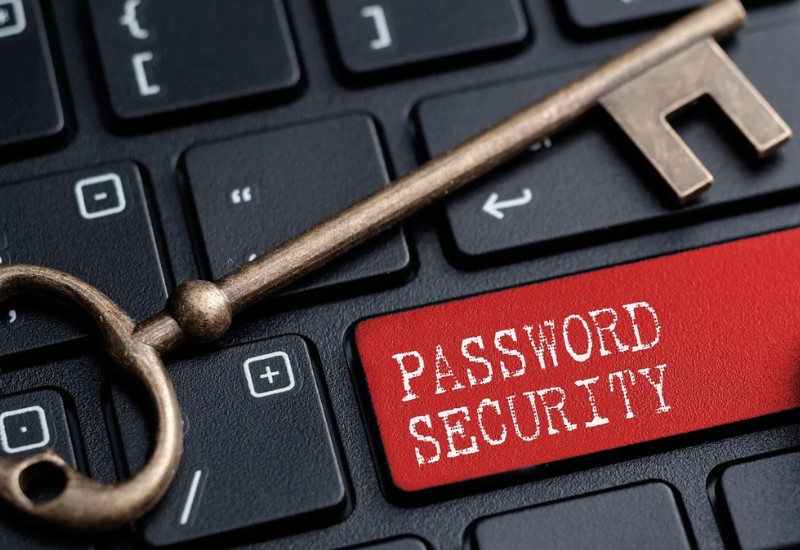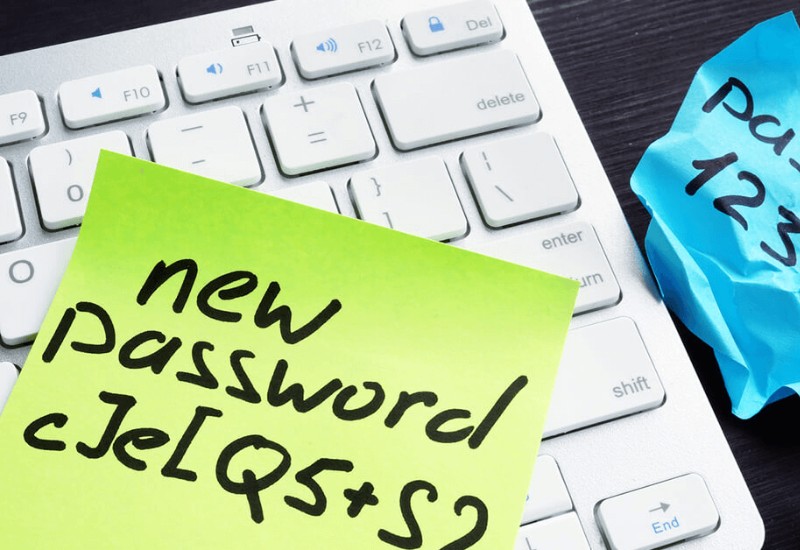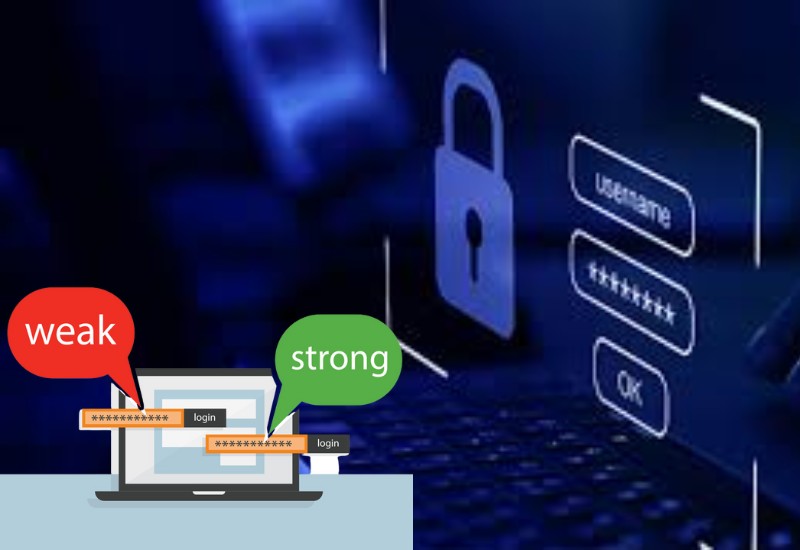The Importance of Password Security: Protect Your Data

Password security is crucial because passwords serve as the first line of defense against cybercriminals who seek unauthorized access to your personal data.
The Global Struggle with Password Management
Managing passwords is a challenge for many people worldwide. According to a recent Verizon Data Breach Investigation, over 70% of employees reuse passwords at work. The study also found that 81% of hacking-related breaches involved either stolen or weak passwords. Alarmingly, the habit of password reuse at home often extends to the workplace. Despite 91% of people acknowledging that reusing passwords is bad practice, 59% still do so at both work and home. Using a strong password is essential to ensure your information remains secure.
The Importance of a Strong Password
Creating a strong, secure password significantly reduces the risk of cybercriminals guessing it and accessing sensitive data. In 2019, compromised passwords were responsible for 80% of all data breaches, leading to financial losses for both businesses and consumers. Many people worry about forgetting complex passwords, especially when managing multiple accounts. However, a strong password—such as a 20-character randomized combination of uppercase and lowercase letters, numbers, and symbols—can take a computer 3 sextillion years to crack. Cybercriminals employ various attacks targeting simple passwords, and for businesses, this can result in disinformation campaigns, data leaks to competitors, and ransom demands.
Tips for Creating a Secure Password
Creating a secure password is straightforward with the following tips:
- Do Not Reuse Passwords: Use a unique, strong password for every website, application, and system.
- Mix Characters: Use a combination of symbols, numbers, and uppercase and lowercase letters.
- Avoid Personal Information: Do not use personally identifiable information (PII) such as your birthday or pet’s name.
- Use a Password Generator: Generate strong passwords using a password generator.
- Utilize a Password Vault: Store all your passwords in a password vault to avoid forgetting them.
How to Protect Your Passwords
Your web browser’s ability to remember passwords and online sessions can pose security risks. Depending on your browser settings, anyone with access to your computer could discover your passwords and access your data. Password managers simplify the use of secure passwords by automatically generating them. You can then access these passwords using a master password.
- Never Write Down Passwords: Avoid writing passwords down, as anyone with access to your space could steal them.
- Do Not Share Passwords: If you must share credentials, use a password manager for secure sharing, ideally with time-limited access.
- Be Cautious of Phishing Attempts: Always be vigilant about criminals attempting to obtain your passwords through phone calls or emails.

A password vault is an encrypted digital storage within a password manager that holds login credentials, documents, images, and other sensitive information. Users can access this vault with a single master password, significantly enhancing account security and making it harder for cybercriminals to gain access.
Keep Your Passwords Secure
Creating safe and secure passwords is simple with a reliable password manager. Don’t stress about generating passwords for every account yourself. Instead, start a free trial of Keeper today and enhance your password security.
By implementing these practices, you can protect your personal and professional data from cyber threats, ensuring a safer digital experience.


